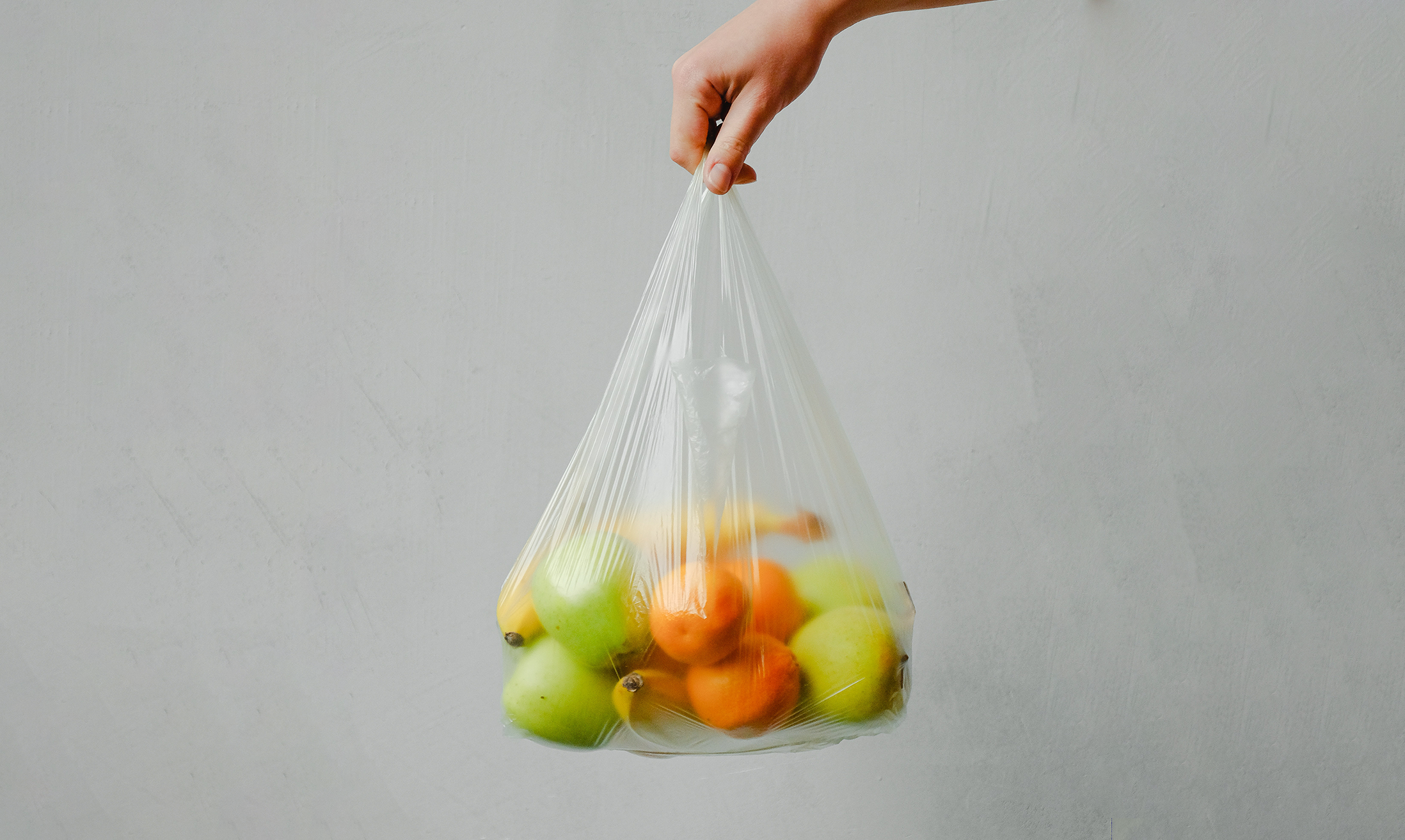Imagine this scenario: You walk into your local grocery store and purchase one pack of juicy delicious strawberries, two firm grapefruits and a fresh cucumber. Upon immediately entering your kitchen, you prepare your meal. The rest of the week brings busy days and too-tired evenings, and the fresh fruit and vegetables you just purchased at the start of the week get pushed to the back of the fridge. A week turns into two, and eventually four; until you remember that you had strawberries in the fridge. When you realize the salad has wilted and the strawberries have started to grow a white hairy-like substance on them, you throw them into the trash. Next week at your local grocery store, you start it over again by purchasing a whole new set of fruits and vegetables. Does this scene sound familiar to you? Well, the majority of American households everyday live out this scenario when it comes to their food purchases. So, out of all of the fresh fruits and vegetables that are purchased each week in America, how much of it ends up in the trash? I am here to help you stop wasting food and money.
According to a 2018 scientific study published in the journal “PLOS ONE,” Americans waste about 150,000 tons of food each day (about 40 percent of the food they buy), with the highest amount of waste coming from “people who have healthier diets rich in fruit and vegetables.” This number is equal to about “one-third of the daily calories that each American consumes.”
Now, these numbers are not to make you feel guilty for throwing away old food you’ve forgotten about, and it’s not to cause you to begin composting your family’s food. However, it should cause you to carefully consider some practical tips below that you can do to preserve your food a little longer so that you can enjoy it to the very end!
HOW TO FIGHT FOOD WASTE AT HOME
1. BE REALISTIC AND SMART ABOUT GROCERY SHOPPING.
Only buy the food that you will actually eat. You can even shop on a week-to-week basis, getting only food for that week. Excess food most often ends up in the trash because we don’t utilize it.
2. SAVE YOUR LEFTOVERS…
Instead of pushing them to the back of the fridge, eat them!
3. PROPER STORAGE!
Food is generally not going to be consumed all at one time; therefore, it requires storage. While proper food storage may first begin at the grocery store, it does end with you in your home. However, it does take time and effort to properly store food. So store your fruits and vegetables according to their needs. Most fruits and vegetables have stickers or tags with storage tips, but you can always look it up online if you are unsure!
4. ORGANIZE YOUR FRIDGE.
You may be wondering how fridge organization can help prevent waste, but surprisingly it can. Once you bring your food home, place the new items toward the back fridge shelves and bring the older items to the front. That way, the older items will get consumed first instead of getting pushed aside, and eventually thrown away, because there are new items in the fridge.
5. DONATE THE FOOD THAT YOU DON’T USE.
If you know that you are planning a vacation and will be gone for more than a few days, it may be a good idea to donate the food in your pantry or fridge to a local food bank so that it doesn’t go to waste.
6. COMPOST IT!
I’ve only recently heard of a new item called the Countertop Compost Bin. It’s lightweight, odorless, and it runs on only a 3-hour cycle. Place your breakfast, lunch, or dinner into it and in less time than it takes to prepare and cook a meal, your leftover food scraps can become soil amendment for you to fertilize your garden with. Pretty neat!
Related articles:
Irrigation Rules In Alachua County Have Changed Starting This Month
Make Picking The Perfect Fruit A Piece Of Cake With This Seasonal Guide
Walk It Out: Learn To Improve Your Gait With These Tips
Can Chicken Soup Help Fight Off A Cold?

